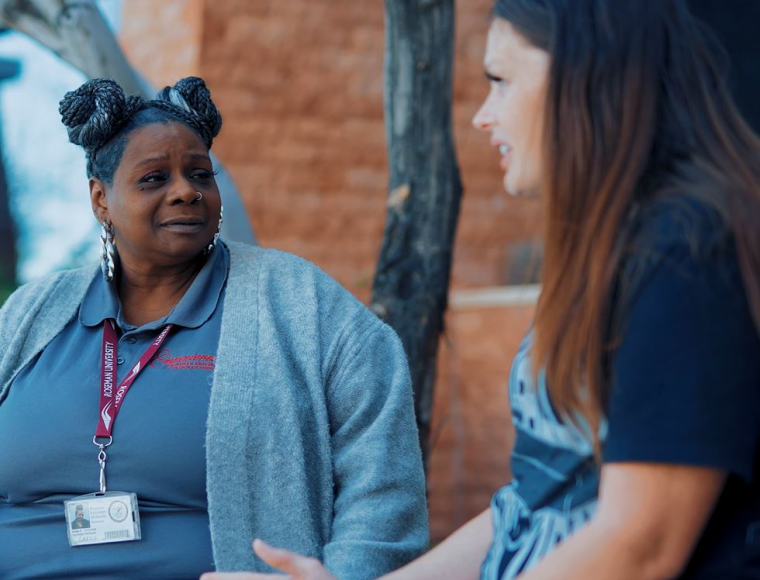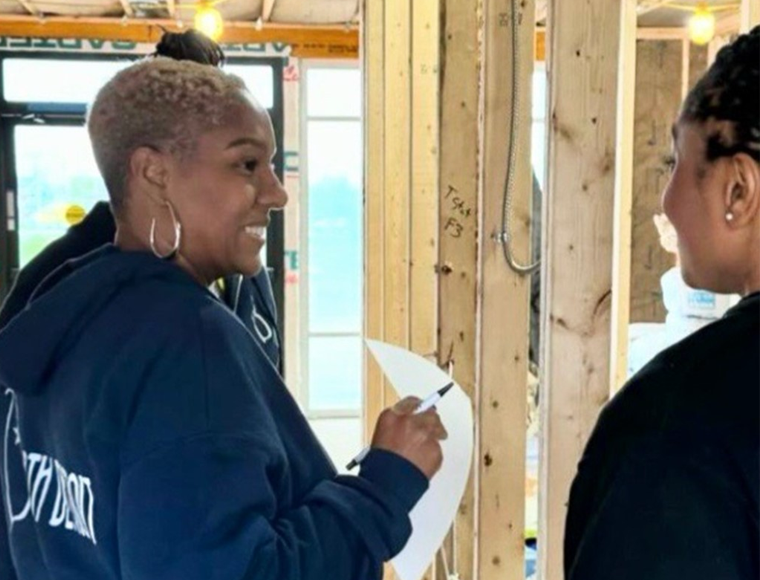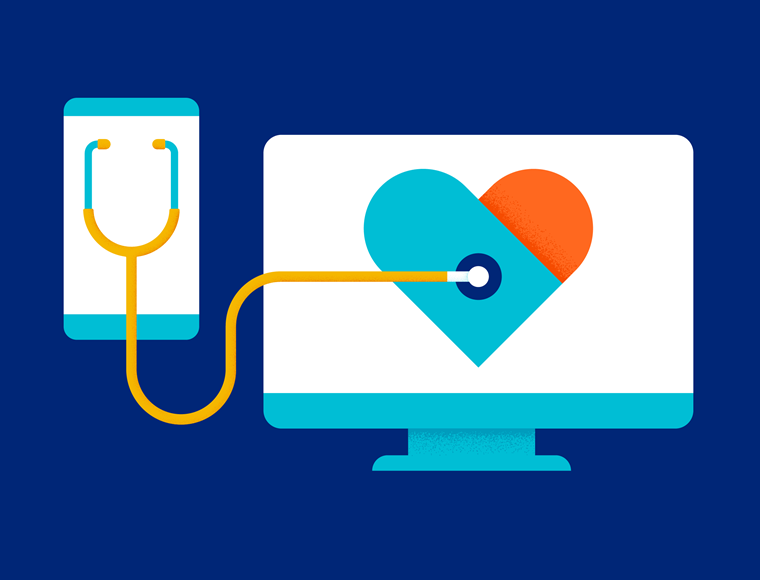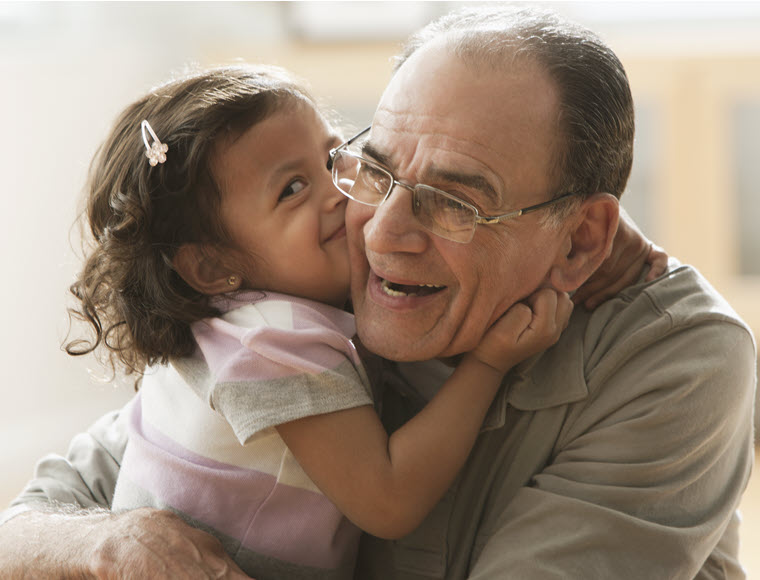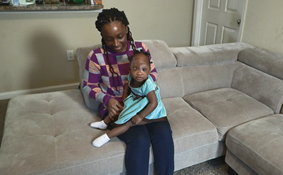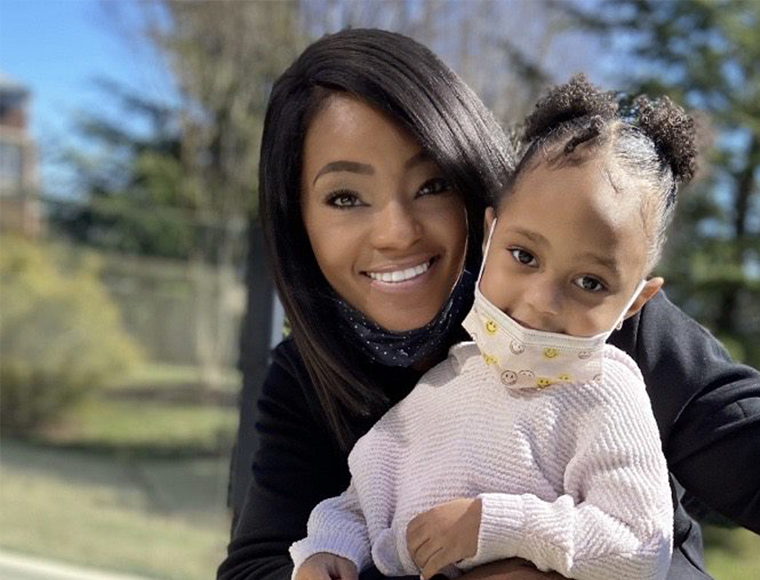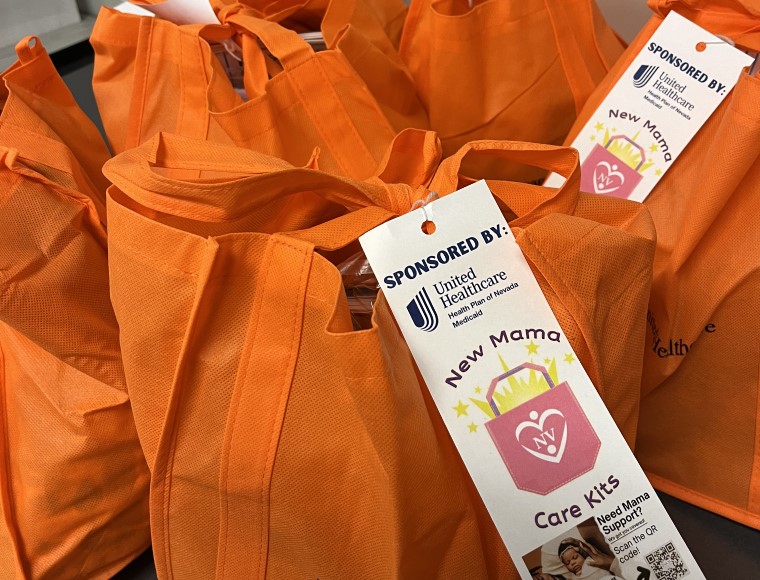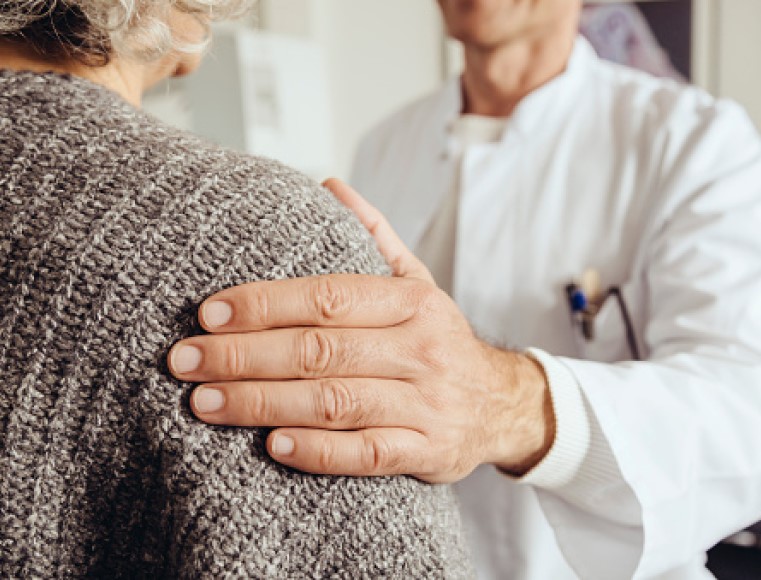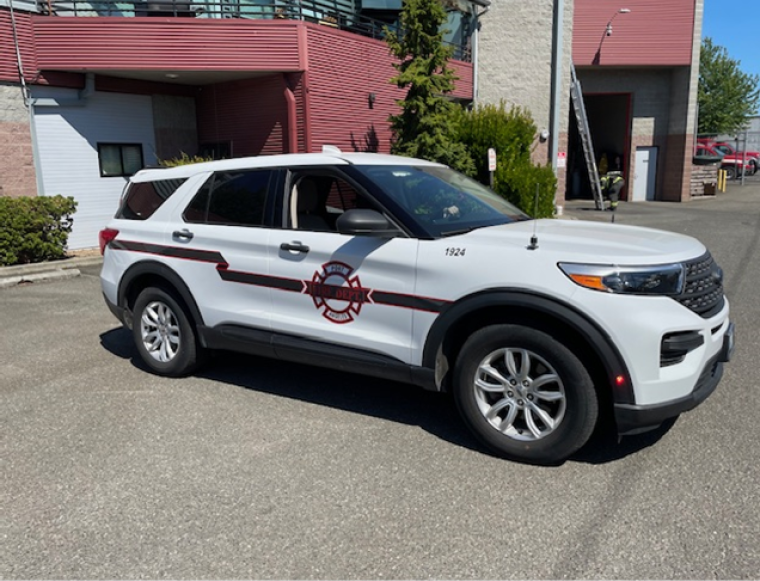Research shows that adolescents who have experienced childhood stressors as well as those who live in neighborhoods with limited resources are more likely to exhibit high risk behaviors.1 These behaviors include substance abuse and engagement in sexual activities. Adolescents who experienced childhood stressors are more likely to fail school, have difficulty with emotional regulation and executive functioning – all areas that impact an adolescent’s ability to smoothly transition to adulthood.
The Centers for Disease Control and Prevention’s 2021 Youth Risk Behavior Survey found that 42% of high school students across 45 states struggle with persistent feelings of sadness or hopelessness.2 Additionally, students who are Black, Indigenous or people of color (BIPOC) experienced some of the lowest feelings of school connectedness – the idea that adults and peers at their school care about them as individuals. Challenges with mental health and connectedness impact the transition to adulthood as well.
Specific to Rhode Island, only 22% of high school students in 2021 reported receiving the help they needed when feeling anxious or depressed – an 11% decrease from 2019.3
Dedicated to improving the well-being and health outcomes of children in Rhode Island, UnitedHealthcare Community Plan of Rhode Island has invested $15,000 in two local programs committed to providing adolescents with the resources they need to smoothly transition to adulthood.
Rhode Island Teen Institute
Rhode Island Student Assistance Services (RISAS) provides evidence-based programs in schools which target substance use and promote mental health services.4 One such program, the Rhode Island Teen Institute (RITI), is a statewide leadership and prevention program that targets high school-aged peer leaders and provides training in individual/community advocacy, decision-making and interpersonal/leadership skill development.
RITI promotes healthy lifestyle choices and encourages peer leader advocacy for community improvement. The inclusive program is comprised of participants who are 45% male, 40-55% from core cities and 63% come from minority populations. The staff is a direct reflection of the participant base. UnitedHealthcare Community Plan of Rhode Island’s investment supports RITI in its program goals of:
- Increasing counseling, treatment and engagement in mental health challenge for children and adolescents
- Providing space for social emotional learning, interpersonal skills and leadership development
- Encouraging healthy lifestyle choices, substance use awareness and suicide prevention for youth
The high school residential training program takes place over five days. Participants are recruited in groups of three to eight from school or community sites across Rhode Island. The program focuses on personal skill-building in the following areas:
- Conflict resolution
- Problem solving
- Decision-making
- Communication
- High-risk behavior assessment
- Community action planning
The “family group” feature of the program gives youth the opportunity to relate to one another while processing the day’s activities. Groups are co-facilitated by youth staff (peers who have graduated from RITI) and adult staff.
The “action group” feature of the program provides adventure-based, experiential teaching which allows participants to make connections between their own lives and the training topics. Following three days of team-building and effective communication challenges, each school/community group completes a written action plan addressing health or social issues facing youth.
Throughout the program, participants complete pre, post and follow-up tests measuring individual skill development, high-risk behavior, identification of positive alternatives to drug use and identification of community. Positive evaluation results allow graduates to:
- Participate/lead in peer educator groups
- Organize community events
- Complete community Action Plans
- Mentor peers in prevention activities
- Become staff members for RITI
- Participate in statewide prevention efforts
- Establish youth components to community task forces
"We extend our heartfelt gratitude to UnitedHealthcare Community Plan of Rhode Island for their generous financial investment of $15,000 in support of Rhode Island Student Assistance Services' Teen Institute,” said RISAS Chief Executive Officer Sarah Dinklage. “This partnership exemplifies a shared commitment to nurturing youth leadership, fostering healthy lifestyle choices, and empowering peer advocates for community improvement. Together, we are shaping a brighter future, enhancing the well-being, and improving health outcomes for the children of Rhode Island.”
Rhode Island Black Heritage Society
The Rhode Island Black Heritage Society (RIBHS) is one of the oldest African Heritage organizations in the country and is dedicated to recording, retaining and interpreting the history and accomplishments of people of African descent in Rhode Island.5
UnitedHealthcare Community Plan of Rhode Island’s $15,000 investment supports the Society’s Birthrite Program – an experiential learning program that supports BIPOC juniors and seniors in high school. The program strives to help students understand the history of African Heritage people in Rhode Island while simultaneously helping students navigate the transition to adulthood. Program goals include:
- Education focused on history, identity development, racial pride and youth empowerment
- Job skills
- Financial literacy
- Personal health care (mental and physical)
- Post-secondary transition
Program participants will spend a week on the Oliver Hazzard Perry, the largest teaching ship in the country. Participants will also visit the Smithsonian’s Museum of African American History and Culture and Howard University in Washington, D.C. as well as Jamaica, a country that was central to the Trans-Atlantic slave trade.
The Capstone trip for seniors, and their “birth rite” experience, is a trip to Anomabo, Ghana – an introductory global experience of African heritage. Altogether, these experiences provide an education for African American students to understand more about their histories and identities.
“This partnership enriches the programming that will assist students in their journey to adulthood,” said RIBHS Executive Director Theresa Stokes. “It is gratifying to know that UnitedHealthcare supports our vision of providing a "village" to support the growth and welfare of our youth."
UnitedHealthcare Community Plan of Rhode Island strives to support the whole-person health needs of its members and community. By investing in youth educational and skill-building programs, Rhode Island adolescents will have a smoother transition into adulthood.
Sources
- The Current Landscape of Adolescent Risk Behavior - Promoting Positive Adolescent Health Behaviors and Outcomes - NCBI Bookshelf (nih.gov)
- CDC releases 2019 Youth Risk Behavior Survey Results | CDC
- https://www.rikidscount.org/
- Home - Rhode Island Student Assistance Services (risas.org)
- RIBHS – Looking Back, Moving Forward (riblackheritage.org)
